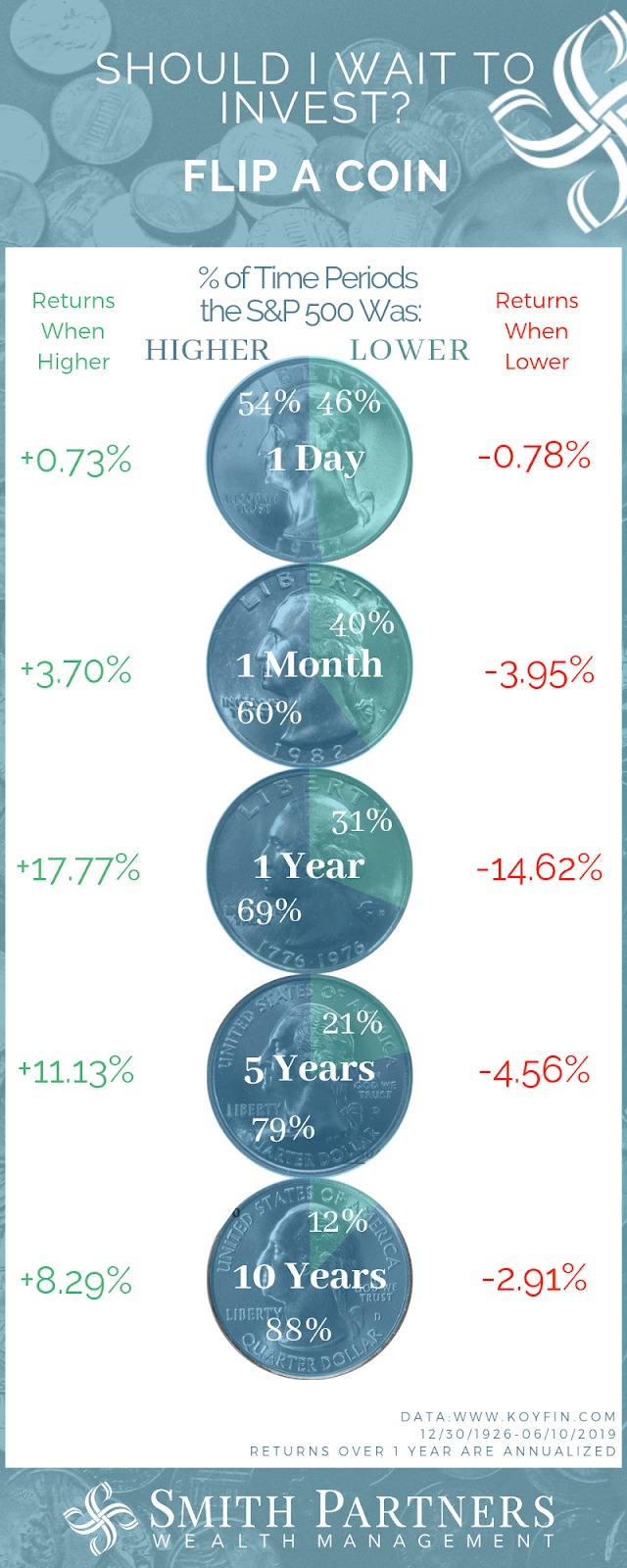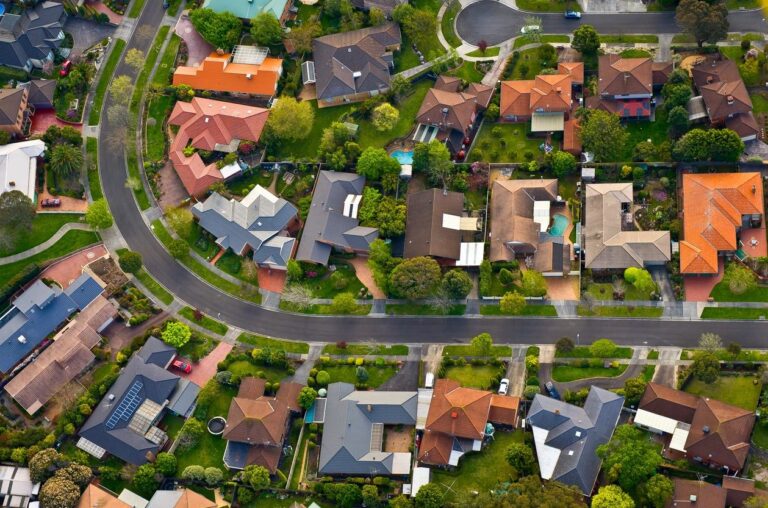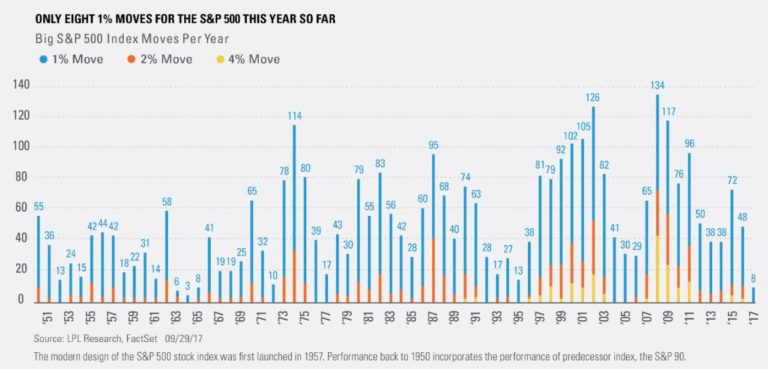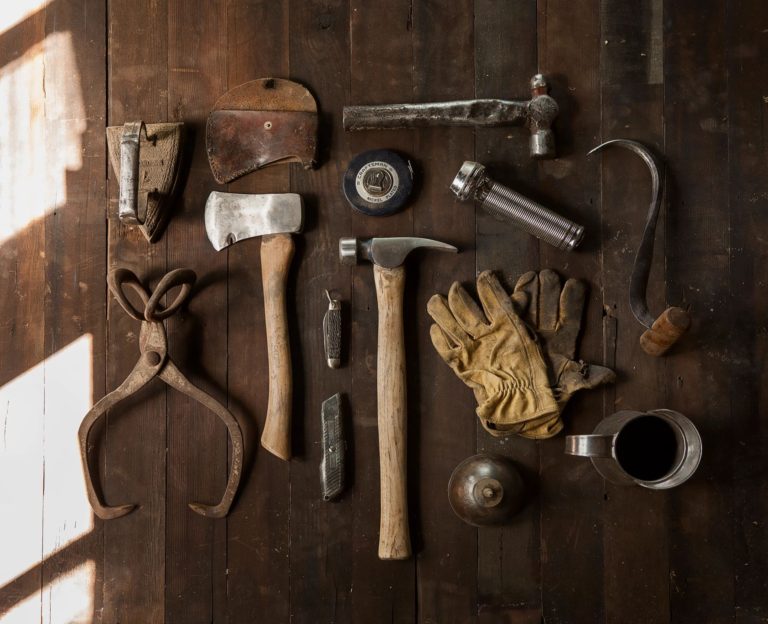The Price Is Right, Or Is It?
The Price is Right has been running on TV for 48 years, can you believe it? Watching the show with my 84-year old Dad, after he moved from Chattanooga to Greensboro in 1992, is one of my favorite memories. We would roar with laughter at our correct guesses, and stare at the TV in wide-eyed disbelief, as Bob Barker revealed the prices of many things we didn’t know at all! For the last couple of months, when ordering groceries online, fueling up the car, checking a price on Amazon.com, or making a curbside pickup at Target, I feel stuck in the middle of an episode of The Price is Right, with no idea what price to expect.
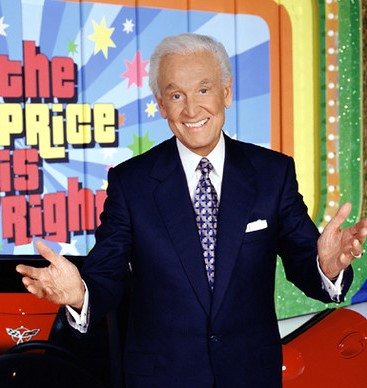
Some of how pricing works can be explained by the invisible hand of Adam Smith. Markets work to eliminate shortages, by balancing supply and demand. But, as a recent article in the New York Times explains, the standard supply and demand model doesn’t include fairness. In short, it isn’t socially acceptable to raise prices during an emergency, thus pricing norms are abandoned, and the supply chains are broken.
When will the supply chains re-balance, and what can we expect going forward? COVID-19 has impacted nearly every aspect of the economy. When the dangers of the Coronavirus became apparent, many governors enacted stay-at-home orders, schools closed, and consumers suddenly faced unprecedented challenges. While the travel and tourism industry is experiencing record low demand, and staple foods and any product containing Clorox or Lysol have surged. Alcohol sales have skyrocketed, and the parking lots of ABC stores are full.
Most of the states in America have begun to reopen and ease social distancing measures. As reopening efforts continue across the country, here’s how the prices of four markets most affected by COVID-19 will likely change.
1. Staple Foods
With stay-at-home orders in place and restaurants closed or limited to carry-out only, most people now consume the majority of meals at home. Pairing these unique circumstances with anxious consumer behavior in response to the virus, we’re seeing inflation of basic food prices. The rising prices of staple foods, particularly meat, eggs, and produce, will eventually decrease and stabilize, Wholesale egg prices, for instance, nearly tripled in March—yet they subsequently decreased by almost a dollar in April. This demonstrates grocery prices have already started to return to their baseline as the spread continues to flatten and decline.
2. Toilet Paper and Hand Sanitizers
The alleviation of coronavirus restrictions should mean a gradual return to normalcy for the sanitation industry. As of March, online purchases of hand sanitizers grew 5,678 percent, while toilet paper purchases grew 207 percent, mainly due to initial panic, resulting in a widespread shortage of these products, with 92 percent of retailers reporting toilet paper and disinfectant wipes to be out-of-stock.
I have included a 12-pack of toilet paper and an 8-pack of paper towels with every online grocery order since the pandemic started, and only scored toilet paper with last Friday’s online Walmart order. I ordered a 12-pack of paper towels from Amazon, which I received, so that will keep me stocked for a while. I have yet to bag a single Clorox or Lysol, so I am keeping an eye out for either one of those.
3. Oil and Gas
The urgency to stay home and limit travel has had an impact on gas prices across the country. Although retail prices averaged $1.87 per gallon nationwide in April, May brought a steady increase. With states recently relaxing restrictions, gas prices will likely keep rising. This is especially true when considering public skepticism surrounding air travel. As summer approaches, this may cause a revival of leisure car travel and road trips. With uncertainty surrounding the pandemic’s projected timeline, fluctuating gas prices will most likely be a regular feature.
We have also seen a spike in the prices of above-ground swimming pools and a huge increase in the demand for RV purchases, rentals, and campsite reservations, as many families seek to combine vacation and isolation. When campsites opened back up, Justin and Millie searched online and called campgrounds in North Carolina, South Carolina, and Virginia, before finally finding one on Lake Hartwell in Georgia.
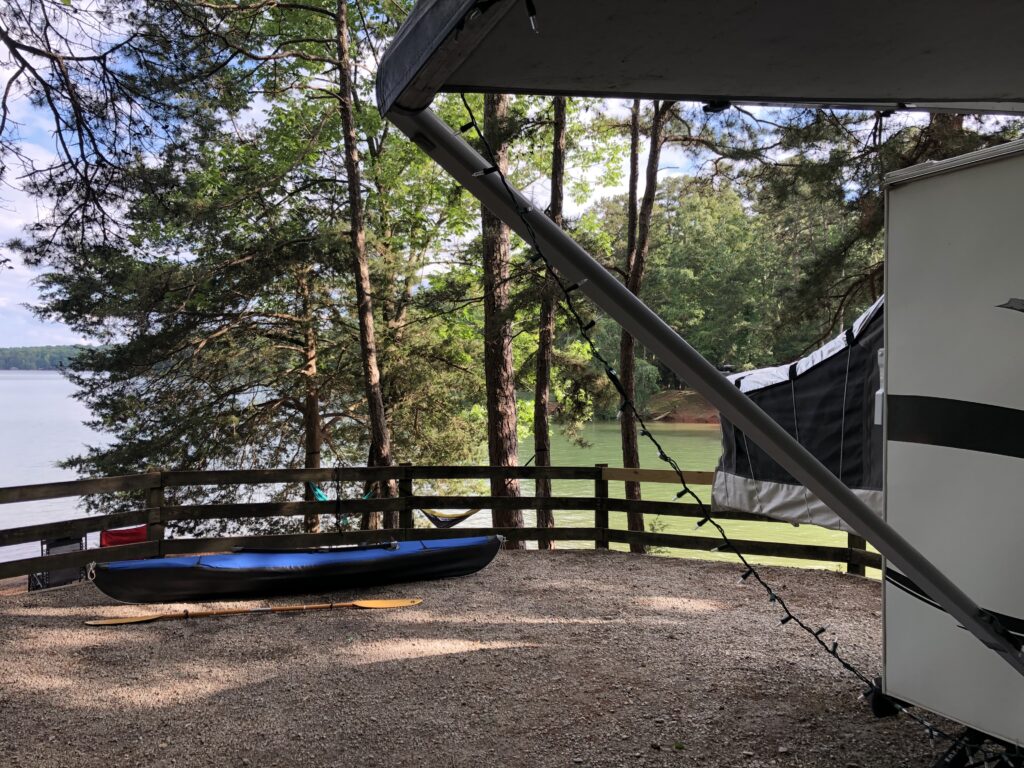
4. Plane Tickets
Airlines have been hit extraordinarily hard in the wake of COVID-19, with Americans spending 78 percent less on travel. Historically, the travel industry has always rebounded from similarly devastating seasons. The need to travel won’t disappear, particularly following months of strict quarantine measures, thus a spike in airfare prices would surprise us. Nevertheless, it’s unlikely that the airlines will experience overcrowding once pandemic recedes. Concerns about the safety of air travel will continue. Coronavirus will fade gradually and airlines must create incentives to start selling seats again. The first returning customers will most likely be leisure travelers.
However, fares won’t be cheap across the board, and they certainly won’t be cheap for long. Unforeseen variables, such as social distancing guidelines, sanitation standards, and airline consolidation could eventually drive ticket prices back up. If you do choose to purchase a plane ticket while prices are low, be alert to the rescheduling risks and cancellation policies.
Are you sure?
No one can say how these predictions will play. We’ve never been here before, and what we know is based on past consumer behavior. Regardless of the changes in supply and demand, I’m committed to seeking the best each day has to offer while remaining realistic that times are tough for many, and especially so for socially disadvantaged persons.
In the meantime….
Remember the words of Josh Kantor, the Boston Red Sox organist, who, at the end of each day’s edition of the famous 7th Inning Stretch, reminds us, “Be good to each other, be good to yourselves, wash your hands frequently, wear your mask when you go outside, support your local food bank, help out where you can, we will get through this thing together but the more together we are on this, the less horrible it will be.”


